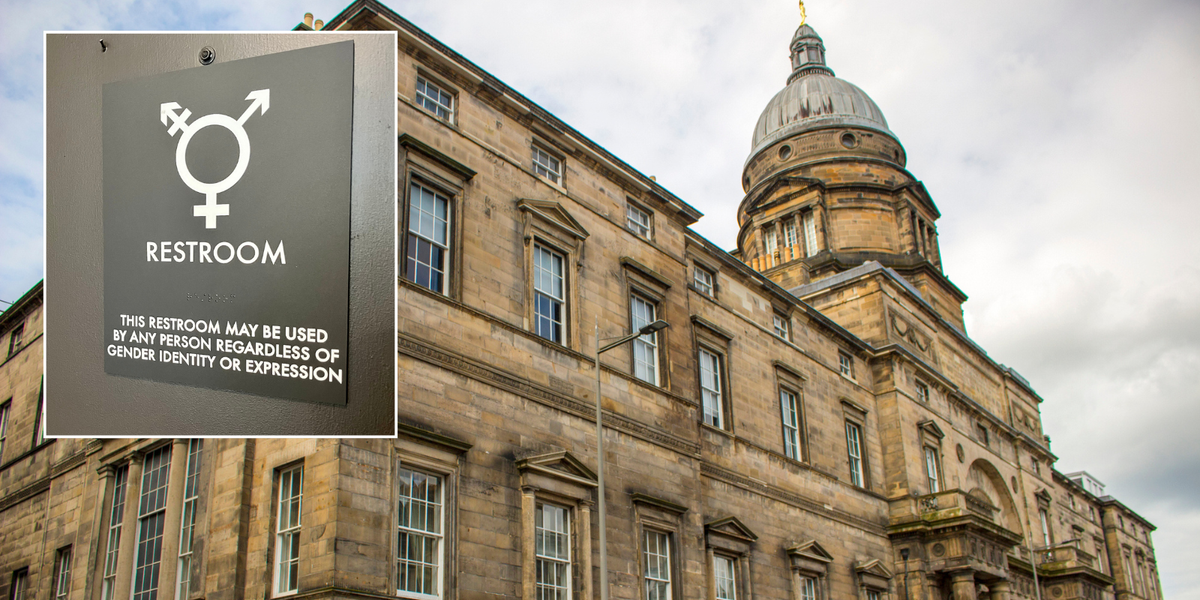According to sociolinguistics expert Dr Amanda Cole, experiences like Beth’s are down to a prejudice called accent bias.
People “draw conclusions about everything” based on someone’s accent, “and they do it really fast,” says Dr Mary Robinson, a research associate in language variation and change at Newcastle University.
Participants in new research by the University of Cambridge and Nottingham Trent University said they thought people with some regional accents were more likely to behave in certain ways.
Of the 10 accents studied, Glaswegians were perceived as most likely to stand up for someone who was being harassed, people with Scouse accents were seen as most likely to commit crimes and people with Standard Southern British English accents were viewed as most likely to report a relative to the police for a minor offence.
In Britain, the biases people have about certain accents largely come down to class, sociolinguists say.
Dr Cole, a lecturer at the University of Essex, says there is a “hierarchy of accents” in the UK, with accents from industrialised urban areas like Glasgow and Birmingham often seen as low status. “Accent prejudice maps onto societal prejudice,” she says.
Sandwell, where Beth is from, was ranked the ninth most income-deprived of the 316 local authorities in England in the latest available data in 2019.
Beth says when she was growing up, her parents were aware of how Black Country accents were perceived and encouraged her to disguise her accent.
Black Country accents are stereotyped as indicating “low intelligence”, says Dr Esther Asprey, a lecturer at the University of Wolverhampton who focuses on West Midlands dialects.
“Urban accents across the UK are associated with a lack of education,” she says. “Which isn’t true – there’s not a causal link.”
This stereotype stems back to the industrial revolution, when people moved to cities for jobs in factories, she says.
Dr Asprey says she has witnessed students being “laughed at” in seminars for the way they speak, and that teachers from the Black Country have told her anecdotes about being asked to get elocution lessons.
Dr Cole says stereotypes often cause people to change their accents.
In fact, the lecturer, who is from east London and grew up in Essex, says she herself has changed the way she talks.
“I’ve modified my accent down a lot,” she says. “I’ve had people call in on radio shows that I’ve been on, saying: ‘If you’re going to have someone talking about language, you should have someone who knows how to speak properly.'”





